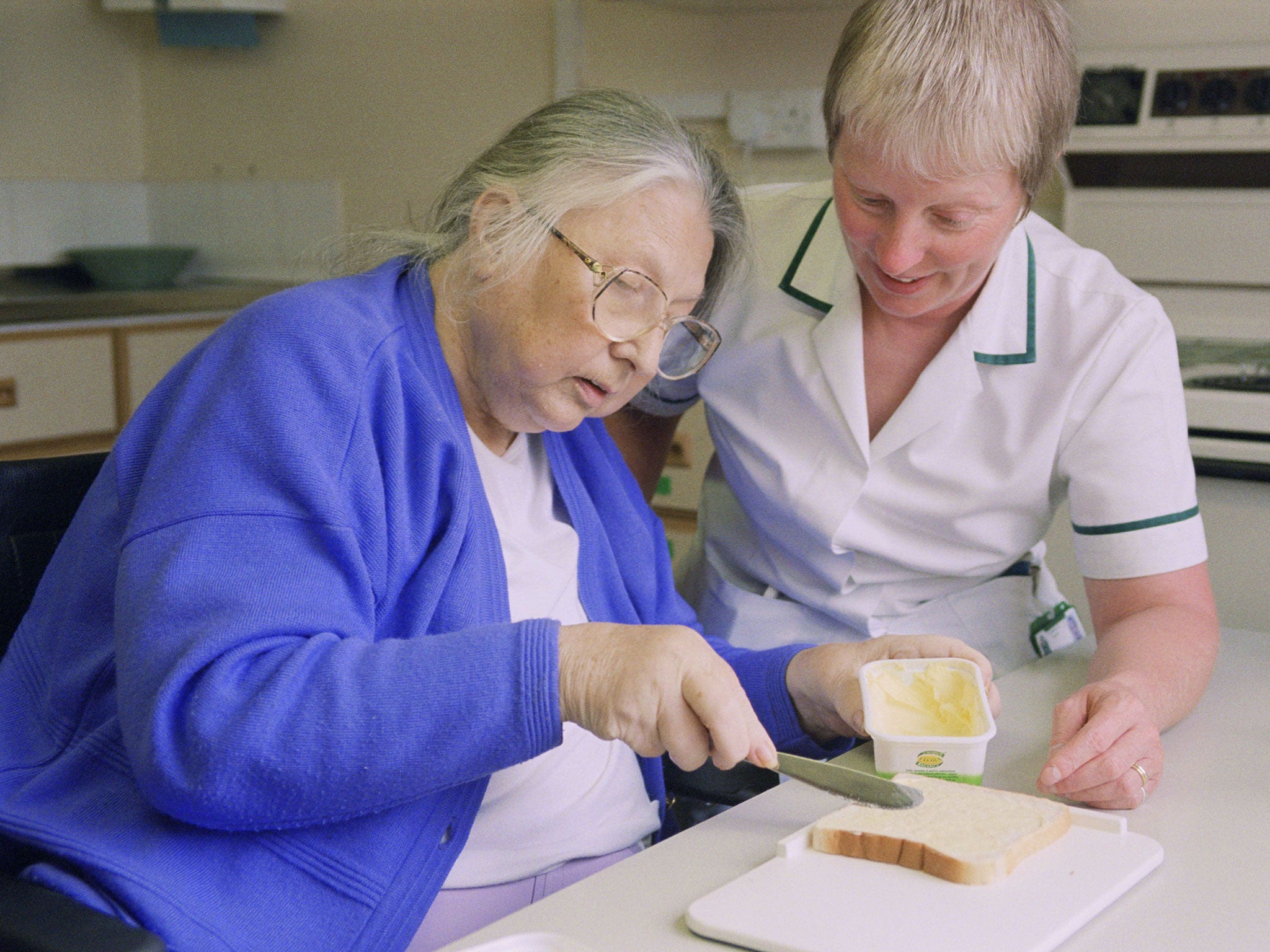Scientists discover 'stroke protection gene' – that also guards against heart attack and migraine
Researchers hale 'important breakthrough'

Your support helps us to tell the story
From reproductive rights to climate change to Big Tech, The Independent is on the ground when the story is developing. Whether it's investigating the financials of Elon Musk's pro-Trump PAC or producing our latest documentary, 'The A Word', which shines a light on the American women fighting for reproductive rights, we know how important it is to parse out the facts from the messaging.
At such a critical moment in US history, we need reporters on the ground. Your donation allows us to keep sending journalists to speak to both sides of the story.
The Independent is trusted by Americans across the entire political spectrum. And unlike many other quality news outlets, we choose not to lock Americans out of our reporting and analysis with paywalls. We believe quality journalism should be available to everyone, paid for by those who can afford it.
Your support makes all the difference.Scientists have discovered a gene that protects people from the most common cause of stroke in young and middle-aged people.
The gene, which was isolated by studying the DNA of nearly 16,000 patients across the USA and Europe, also reduces the risk of migraines and could lower heart attack risk.
Researchers at Royal Holloway, University of London, said that the discovery was “an important breakthrough”. A variant of the gene PHACTR1 was found to be protective against a condition called cervical artery dissection, a separation of the layers of arteries that carry blood to the head, which is the leading cause of stroke in the young.
The discovery could one day lead to new treatments for the disease.
Pankaj Sharma, professor of clinical neurology at Royal Holloway said that the “DNA biobank” which yielded the information could lead to more discoveries in the future.
“This is an important breakthrough,” he said. “Our findings provide us with a greater understanding of how this region of the genome appears to influence key vascular functions, which could have major implications for the treatment of these severe and disabling conditions.”
Approximately 152,000 people suffer a stroke in the UK every year. Most are suffered by the over 65s, but they can affect people of any age.
Join our commenting forum
Join thought-provoking conversations, follow other Independent readers and see their replies
Comments